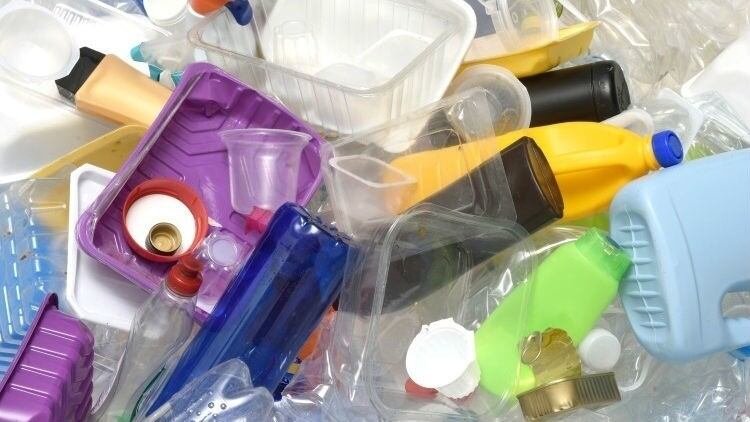The Taiwanese Environmental Protection Administration (EPA) announced on its website that effective July 1 2022, the use of PVC to make food packaging will be restricted, starting with flat packaging materials, and that this would affect all firms involved in the manufacturing, importation and sales of food packaging.
“It has been decided to restrict the use of PVC in food packaging starting the [second half of] this year in order to reduce the risk of harm to the environment and also public health caused by this material,” the EPA stated via a public statement.
“This ban will start with flat packaging - all relevant containers and packaging used to contain food must be free of PVC, and [firms should take more initiative] to use recycled and recyclable materials, e.g. reusing containers and non-flat disposable tableware.”
Taiwan is the latest market to implement this elimination of PVC as a food packaging material, following two other APAC countries that have done the same: New Zealand announced a similar ban in April 2022, aiming to phase out PVC pre-formed, rigid food trays and containers by October 2022 and all other PVC food and beverage packaging by mid-2025; and South Korea also did this a few years back in 2020.
“The elimination of PVC food packaging is not unique to Taiwan, it has become an international trend,” the EPA added.
“Due to the nature of the material, PVC has stabilisers added to it which has potentially harmful effects on human health, and it is also not resistant to oil-soluble corrosion which means chemicals could penetrate into the food packaged in it, resulting in consumer exposure to various environmental hormones or other carcinogenic risks.
“From an environmental point of view, after PVC is discarded its breakdown requires combustion which causes dioxins and heavy metals to be produced, with some being discharged to the air and some also in ash or leftover slag which causes pollution.
“As such, it is imperative to reduce PVC pollution at the source by restricting its use, manufacture, importation or sale.”
The agency also called for firms to encourage the reuse of containers for all sorts of food and beverage products to reduce packaging waste, including dairy, condiments, salt, vinegar, edible oils, beverages and so on.
“Via this measure, it is estimated that 79 metric tons of PVC packaging can be reduced every year,” it said.
Easier items first
New Zealand has applied a slower,steadier phase-out approach for its PVC elimination strategy, based on the idea to move more slowly and in phases such that a balance can be found between addressing public concern and allowing for business transition.
“[The timing of the phase-out stages] is based on the idea that items that are easier to replace are to be phased out sooner than those that are more challenging to replace,” New Zealand’s Ministry for the Environment stated.
“This approach is to strike a balance between the public feedback for fast action and providing businesses with adequate time to prepare.
“Providing information now on the dates for the phase-outs allows time for businesses and the public to adjust (eg, use up old stock, make changes to product lines and find suitable alternatives).”


